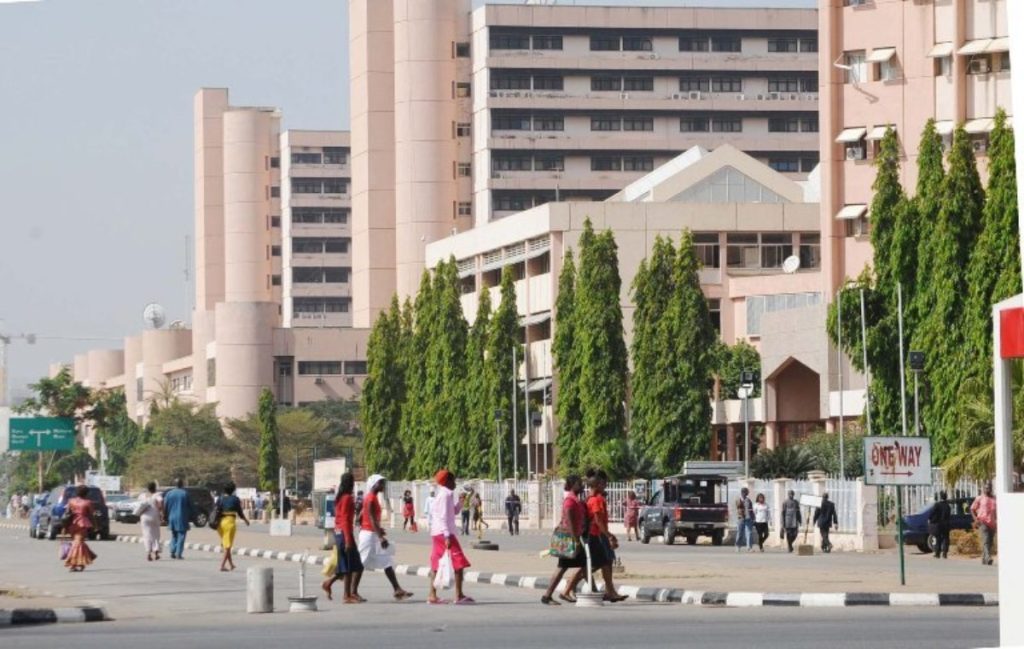The recent visit of Liberian President Joseph Nyumah Boakai to the White House has sparked a debate about English language proficiency tests for African students. During the meeting, US President Donald Trump praised President Boakai’s flawless English, prompting many Africans to argue that students from English-speaking African countries should not be required to take such tests to study abroad.
English is an official language in many African countries, and it is the primary medium of instruction in schools. However, students from these countries are still required to take English proficiency tests, such as IELTS or TOEFL, to gain admission to universities in English-speaking countries. This requirement is seen as unjustified, given that English is widely spoken and used in daily life in these countries.
The costs of these tests are also a significant burden for many African students. The fees range from $200 to $350, and the tests must be retaken every two years. For many families, this expense is equivalent to several months’ worth of income. Furthermore, the lack of test centers in some countries means that students must travel long distances to take the test, incurring additional expenses for transportation, accommodation, and other necessities.
Critics argue that the quality of English spoken in Africa may be different from that spoken in other parts of the world, but this does not necessarily mean that African students are less proficient in the language. Accents and dialects vary widely across the globe, and they do not diminish a person’s ability to communicate effectively in English.
African governments also have a role to play in addressing this issue. By investing in quality education, they can help reduce the need for students to seek opportunities abroad and minimize the financial burden of English proficiency tests. The 2015 Incheon Declaration recommends that countries allocate 15-20% of their public expenditure to education, but many African countries, including Liberia, still fall short of this target.
Ultimately, the requirement for English-speaking African students to take proficiency tests is a barrier to education and opportunities. It is time for a rethink of this policy, and for African governments to prioritize investment in education to provide their citizens with the skills and knowledge they need to succeed in an increasingly globalized world.



